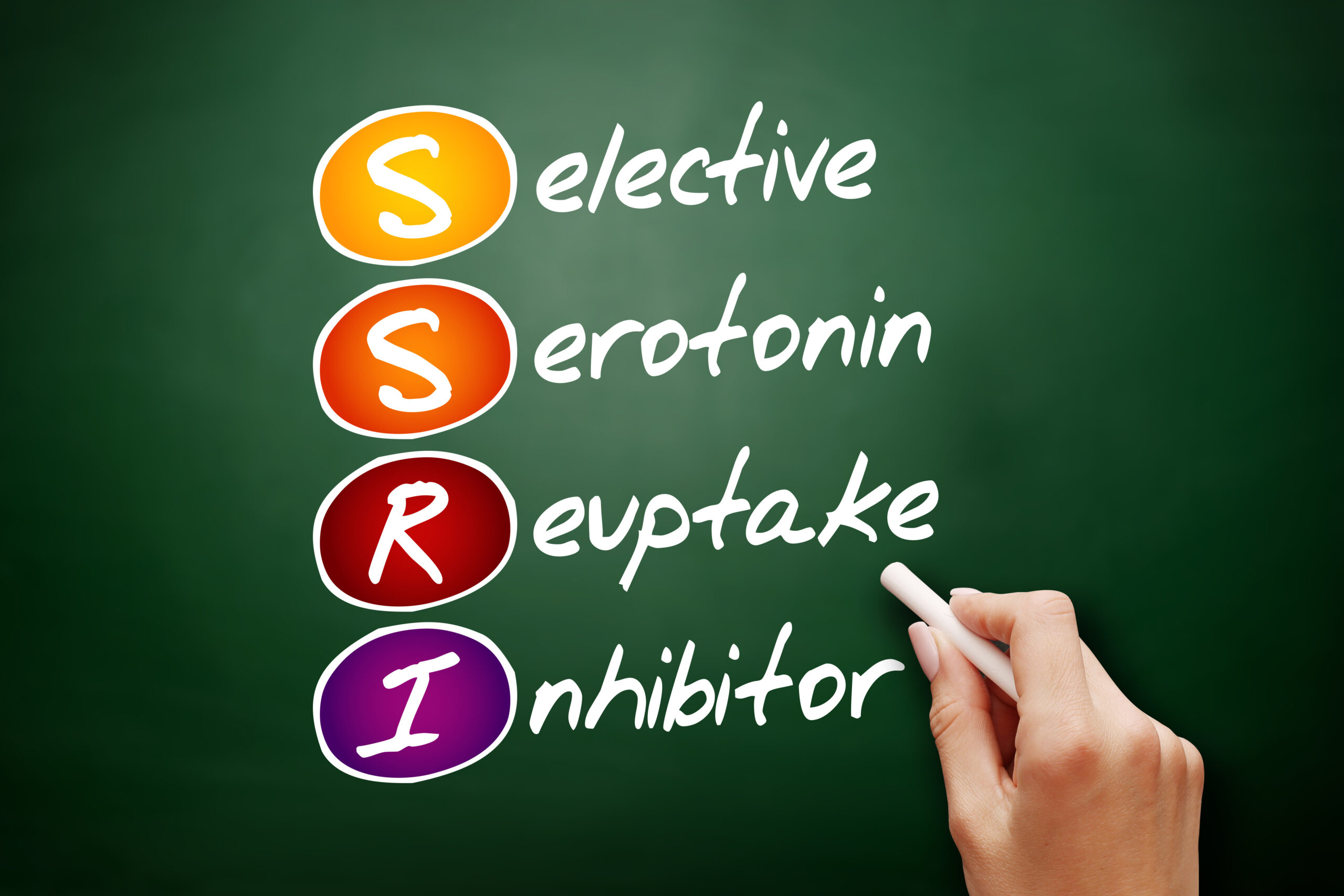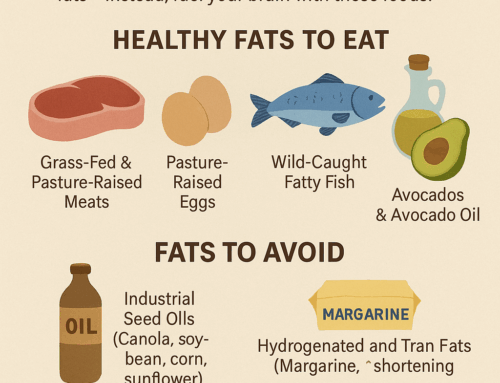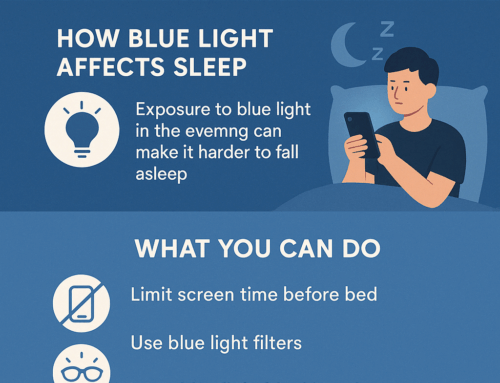How SSRIs Work and Natural Treatments That Support Mental Health
Selective Serotonin Reuptake Inhibitors (SSRIs) are one of the most commonly prescribed medications for depression, anxiety, and other mental health conditions. These medications were created to enhance the brain’s serotonin levels, helping regulate mood and alleviate symptoms. But what if you’re looking for natural ways to achieve similar effects? This blog post will explore how SSRIs work and highlight natural treatments that support serotonin production and mental well-being.
How SSRIs Work: Boosting Serotonin in the Brain
Serotonin is a neurotransmitter often referred to as the “feel-good chemical.” It plays a crucial role in mood regulation, sleep, appetite, and overall emotional stability. People with depression or anxiety often have lower levels of serotonin or disruptions in how their brain processes it.
How SSRIs Affect Serotonin:
Blocking Reuptake: Normally, serotonin is released into the synapse (the space between neurons) to send signals, and then it’s reabsorbed by the releasing neuron. SSRIs prevent this reuptake, keeping serotonin available in the synapse longer.
Increasing Serotonin Levels: By ensuring more serotonin is active in the brain, SSRIs are believed to help stabilize mood and reduce anxiety over time.
Why SSRIs Take Time to Work:
SSRIs begin affecting serotonin levels almost immediately, but it takes several weeks for the brain to adjust and for new neural pathways to form. This adaptation period is why the full benefits of SSRIs aren’t felt right away.
The Common SSRIs
Several medications fall under the SSRI category, including:
- Fluoxetine (Prozac): Often prescribed for depression, anxiety, OCD, and panic disorder.
- Sertraline (Zoloft): Commonly used for depression, PTSD, social anxiety, and panic disorder.
- Citalopram (Celexa): Primarily prescribed for depression.
- Escitalopram (Lexapro): Used for depression and generalized anxiety disorder.
- Paroxetine (Paxil): Prescribed for depression, anxiety, and OCD.
Each SSRI interacts with the brain slightly differently, so finding the proper medication can be a process. DNA testing can help determine what SSRI may be beneficial. To learn more, visit Gene Sight.
Natural Treatments That Support Serotonin Levels
Several options are available for those who want to explore natural ways to enhance serotonin or complement their SSRI treatment. These methods either boost serotonin production or improve the brain’s ability to use it effectively.
- Tryptophan-Rich Foods
Tryptophan is an essential amino acid that your body uses to produce serotonin. Incorporating tryptophan-rich foods into your diet can support serotonin synthesis.
Examples: Turkey, eggs, nuts, seeds, bananas, and tofu.
How It Works: Tryptophan converts into serotonin in the brain, especially when consumed with carbohydrates that help it cross the blood-brain barrier.
- Regular Exercise
Exercise is often referred to as nature’s antidepressant because it can significantly boost serotonin levels and overall mood.
Types of Exercise: Aerobic activities like running, swimming, or cycling are particularly effective, but even a 30-minute walk can help.
How It Works: Exercise increases the availability of tryptophan in the blood and boosts serotonin activity in the brain.
- Light Therapy and Sunlight Exposure
Exposure to natural light helps regulate serotonin production and improves mood, especially during darker months.
How It Works: Sunlight increases serotonin levels by stimulating the retina, which sends signals to the brain’s serotonin-producing areas.
Tip: Spend 20–30 minutes outside daily or use a light therapy box during winter months.
- Mindfulness and Meditation
Mindfulness practices have been shown to increase serotonin activity by reducing stress and improving emotional regulation.
How It Works: Meditation lowers cortisol (stress hormone) levels, which can indirectly boost serotonin.
Practice: Start with 5–10 minutes of meditation or deep breathing daily.
5. Connect with Nature
Spending time outdoors has profound mental health benefits. Nature exposure reduces stress, enhances mood, and boosts creativity.
-
- Take a walk in a park or forest (forest bathing).
- Spend time gardening or caring for plants.
- Watch a sunrise or sunset to reconnect with the natural rhythm of life.
6. Spirituality and Faith
Spiritual practices like prayer, meditation, or attending faith-based gatherings can provide comfort and a sense of purpose. Spirituality encourages connection, hope, and inner peace, which are critical for mental health.
-
- Spend time in prayer or quiet reflection
- Join a supportive spiritual or faith-based community.
- Practice gratitude and focus on positive affirmations.
Spirituality offers a framework for understanding challenges and can help people feel connected to something greater than themselves.
- Herbal and Natural Supplements
Certain herbs and supplements can naturally support serotonin levels. However, consult a healthcare provider before using these, especially if you’re already taking SSRIs.
-
- John’s Wort: Often used for mild depression, it may enhance serotonin activity. (Avoid combining with SSRIs to prevent serotonin syndrome.)
- 5-HTP: A direct precursor to serotonin that can help boost levels. (not to be combined with SSRIs without medical advice.)
- Rhodiola Rosea: An adaptogen that supports energy and reduces symptoms of depression.
- Saffron: Studies show it can improve mood by increasing serotonin activity.
- Ashwagandha: An adaptogen that helps the body manage stress and reduce anxiety.
- L-Theanine: Found in green tea, this amino acid promotes relaxation without causing drowsiness.
- Nutrition and B Vitamins
Certain nutrients play a crucial role in serotonin production and brain health.
-
- Vitamin B6 and B12: Essential for serotonin synthesis. Foods like fish, eggs, and leafy greens are excellent sources.
- Magnesium: Helps regulate serotonin activity. It is found in nuts, seeds, spinach, and dark chocolate.
- Omega-3 Fatty Acids Support brain function and serotonin signaling. It is found in fatty fish, grass-fed beef, flaxseeds, and walnuts.
- Vitamin D: A vitamin D deficiency is linked to depression. Sun exposure and foods like fortified milk or fish can help boost levels.
- Grass-fed and grass-finished beef offer more antioxidants, vitamins, and omega 3’s than grain-fed beef. To read more about the fantastic benefits of grass-fed beef, visit our blog.
- Probiotics and Gut Health
Your gut produces a significant amount of serotonin, and maintaining a healthy gut can positively affect mood.
How It Works: Probiotics improve gut microbiota, which plays a role in serotonin production.
Foods: Include raw yogurt, kefir, sauerkraut, and other fermented foods.
- Sleep Hygiene: The Foundation of Mental Health
Sleep plays a crucial role in emotional regulation and overall mental health. Poor sleep can exacerbate depression and anxiety while improving sleep quality can lead to significant mood improvements.
Tips for Better Sleep:
-
- Stick to a regular sleep schedule, even on weekends.
- Create a calming bedtime routine, such as reading or meditating.
- Limit screen time an hour before bed, as blue light interferes with melatonin production.
- Keep your bedroom calm, cool, dark, and quiet.
How Natural Treatments Compare to SSRIs
While SSRIs directly target serotonin reuptake to increase its availability in the brain, natural treatments focus on creating the conditions for the body to produce and use serotonin more effectively. Here’s a quick comparison:
|
SSRIs |
Natural Treatments |
|
Directly increase serotonin levels |
Support serotonin production |
|
Require a prescription |
Accessible and holistic |
|
It may cause side effects |
Fewer side effects |
|
Immediate action on serotonin |
Gradual improvement |
Combining SSRIs and Natural Treatments
For individuals already on SSRIs, incorporating natural methods can enhance their effectiveness and support overall mental health. For example:
- Exercise: Amplifies the mood-stabilizing effects of SSRIs.
- Nutrition: Provides the building blocks for serotonin production.
- Mindfulness: Helps manage stress, which can otherwise lower serotonin levels.
Discuss with your doctor before adding supplements or making significant changes to your treatment plan.
Finding the Right Balance
SSRIs are believed to be a powerful tool for managing depression and anxiety, but they’re not the only option. Natural treatments offer a holistic way to support serotonin levels and overall mental well-being. Whether considering medication, natural methods, or combining both, finding a personalized approach that works best for you is essential.
By integrating healthy lifestyle habits, mindfulness practices, and a nutrient-rich diet, you can create a foundation for better mental health—naturally. Always consult a healthcare provider to ensure your plan aligns with your needs and health goals.
To learn more about natural treatments for depression, visit https://draxe.com/health/natural-remedies-depression/







Leave A Comment